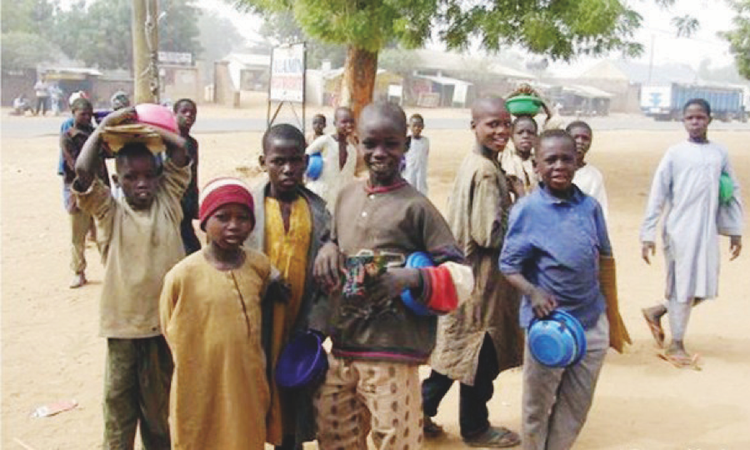Nigeria plans to increase primary school enrolment from the current 46 per cent to 90 per cent by 2030.
The country also plans to double the enrolment of females in schools and ensure a secondary school education completion rate from 42 per cent to 80 per cent by 2030.
The disclosures were made in Benin by Yosola Akinbi, National Coordinator of the Human Capital Development, HCD, project of the National Economic Council.
Speaking at the opening of a two-day South-South Regional conference on human capital development, Mrs Akinbi said the project had been positioned to promote inclusive and functional education system.
She said it was also poised to promote equitable access to affordable and quality healthcare for every Nigerian.
“We are also looking at reducing the figure of out-of-school children by 70 per cent,’’ she said.
Mrs Akinbi noted that the conference held to engage state governments to ensure prioritisation of human capital development investments.
She said the project focused on the three thematic areas of health and nutrition, education and workforce participation.
According to her, the overall target of the human capital development project is to achieve 24 million additional healthy under-five-year-old children that will survive and not be stunted by 2030.
Such children, she said, would be educated to become productive Nigerians.
In her remarks, the focal person of the human capital development project in Edo, Violet Obiokoro, called for more investments in the development of Nigerians.
Mrs Obiokoro, also Managing Director, Edo State Skills Development Agency, noted that Edo had invested greatly in human capital development.
She said the state had also adhered to many strategies outlined in the national human capital development framework.
“Nigeria has seen first-hand what can happen to its people if we continue to pay lip service to investing in the development of human capital.
“Payment of lip service to human capital development in the past has partly resulted in poorly trained graduates struggling to provide value in the corporate sector.
“It has also seriously impacted on the calibre of people entering into government and private sector organisations,’’ Mrs Obiokoro said.
Olusoji Adeniyi, the regional consultant of the project in the South -South, noted in his address that Nigerians often had misconceptions about the actual meaning of human capital development.
“The first challenge I faced was that people thought that human capital development means training and staff development. This is a complete misconception
“Human capital development begins from the conception of the baby. Our quality of life when we come out of that system is dependent on the quality of nutrition of our mothers.
“It is dependent on the health conditions of the mothers and the environment the mother gives birth and also depends on the skills of the midwife or the traditional birth attendant taking the delivery,’’ he said.
According to him, when a child performs well, it is because the child is given the right health and nutrition and exposed to the right health indices to reduce mortality.
NAN






